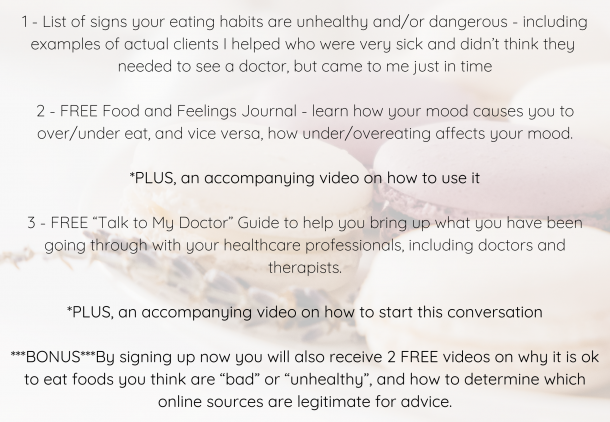By: Julia Trifan
Julia is currently a third year DPD student studying at Florida International University. When she’s not hitting the books, you can find her volunteering, reading, or traveling.
Sure, not having your period may sound convenient – or even like a dream come true! On the surface, the idea of not having to worry about the cramps, or PMS, in-and-of-itself makes you breathe a sigh of relief. Losing your period is more common than you think. However, it may cause detrimental health consequences in the long term.
Amenorrhea is defined as the absence of menstruation. It is commonly divided into two types – primary & secondary amenorrhea. Primary amenorrhea refers to girls who have not begun having periods by age 15, while secondary amenorrhea describes women who have missed at least three consecutive periods after already having a regular cycle.
So why have you lost your period?
The physiological stress your body is under causes a hormonal imbalance due to an estrogen deficiency. This stress can be brought on by excessive exercise, disordered eating, energy imbalance, or a combination of these factors resulting in suppression of the hypothalamic-pituitary-ovarian axis. Think of this as the control room for all things relating to the development and regulation of your reproductive and immune system.
Long term estrogen deficiency can lead to many negative cardiovascular, skeletal, and mental health problems. Being that our menstrual cycle is a window into our overall health, losing it is not something you want to struggle with over an extended period of time.
Bone Health
Think of it this way, healthy hormones = healthy bones. One of the biggest culprits in bone mineral density loss in young women is out of whack hormone levels.
Estrogen plays a huge part in bone health. It inhibits bone breakdown, allows bone formation, and knows when to flip the switch to bone remodeling. In the event of its deficiency, these processes can’t happen, which is why one of the biggest long-term concerns of amenorrhea is bone deterioration. Additionally, this new spike in cortisol (stress) brought on by physical and emotional stressors are also linked to decreased bone mineral density making them more fragile.
Heart Health
You might ask yourself, “how on earth does not having your period affect your risk for cardiovascular disease?” Honestly, I don’t blame you for thinking that! Amenorrhea, more specifically low estrogen, has been linked to complications involving the interior surface of blood vessels causing them to not be able to dilate (widen) properly. In simple terms, low function of blood vessels ups your risk of developing heart disease. However, this is also aggravated by the metabolic disruptions caused by being in a negative energy balance (not eating enough calories), which means you are not making up for, or keeping up with, all the energy you burn in a day – your heart doesn’t have the calories to keep beating!
Mental Health
Women diagnosed with amenorrhea tend to have heightened anxiety and depression rates. This is because healthy sex hormone levels help stabilize our mood. Low estrogen changes the activity of our brain chemicals which directly impacts our frame of mind. Additionally, these mood disturbances can also be associated with high cortisol (stress hormone) levels. Although mood swings don’t sound as severe as bone deterioration or increased risk of heart disease, this is something that can affect your mental wellbeing every day!
So, what’s the bottom line?
Overall, missing your period for an extended period of time is not something you want to struggle with long-term. The great news is that amenorrhea is reversible and can be solved with moderate lifestyle changes without serious consequences as long as it is addressed accordingly!
Working with a professional is crucial to ensuring success, as each person may have different needs or protocols according to their specific situation. A multidisciplinary team approach is often the most effective to address the individual factors at play. Who does this include? A Registered Dietitian can help make changes to restabilize your body weight and make changes to optimize fueling, a therapist or counselor can help with behavioral change along with stress management, and a physician is beneficial to monitoring and overseeing overall health (it should be noted that taking hormonal birth control to get a period back is contraindicated, as it can create a “false” period that is not protective of the body systems above).
The road to recovering your period can be difficult at times, but just remember you are taking the right steps to heal your body.


References:
Shufelt CL, Torbati T, Dutra E. Hypothalamic Amenorrhea and the Long-Term Health Consequences. Semin Reprod Med. 2017;35(3):256‐262. doi:10.1055/s-0037-1603581
Meczekalski B, Katulski K, Czyzyk A, Podfigurna-Stopa A, Maciejewska-Jeske M. Functional hypothalamic amenorrhea and its influence on women’s health. J Endocrinol Invest. 2014;37(11):1049‐1056. doi:10.1007/s40618-014-0169-3


